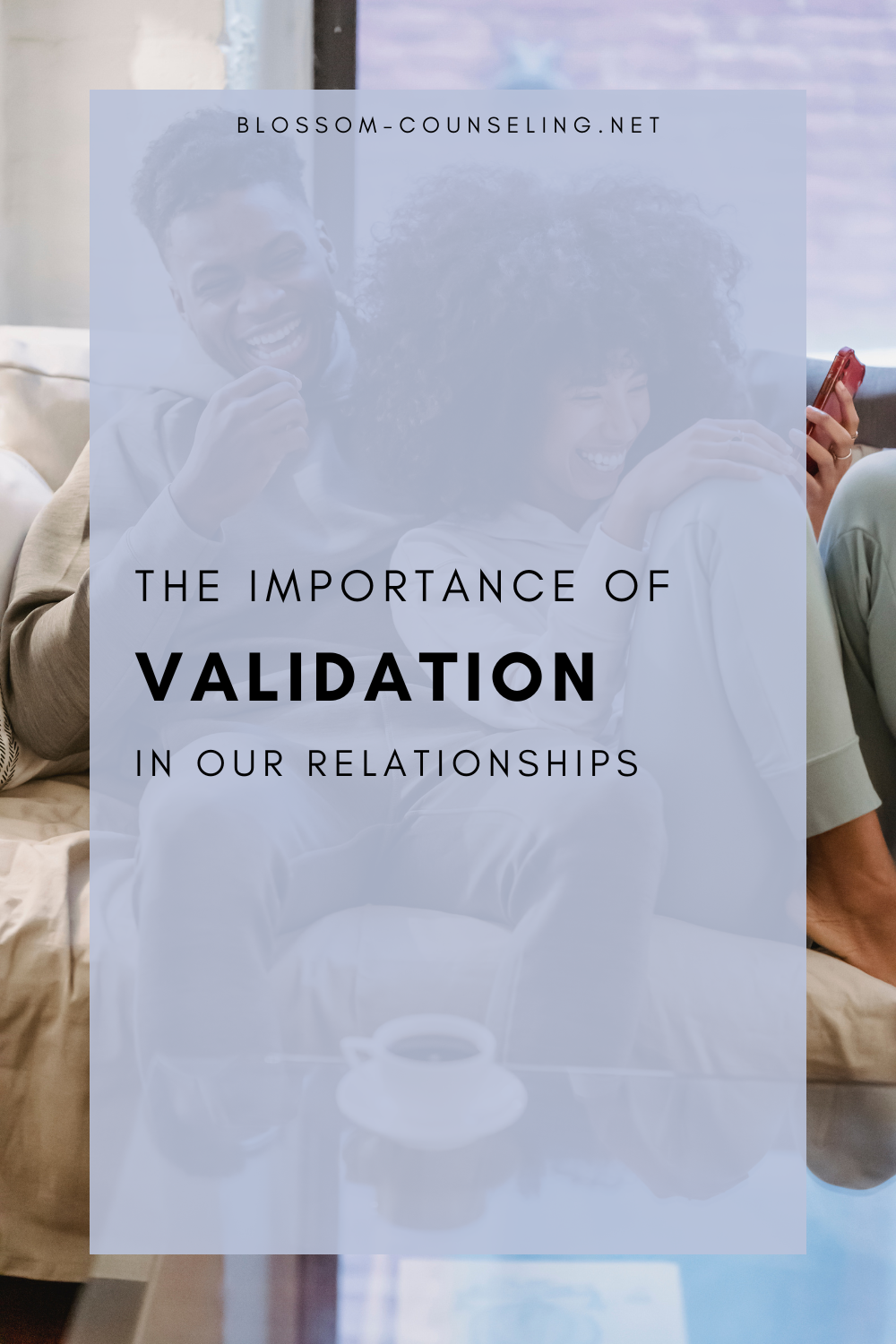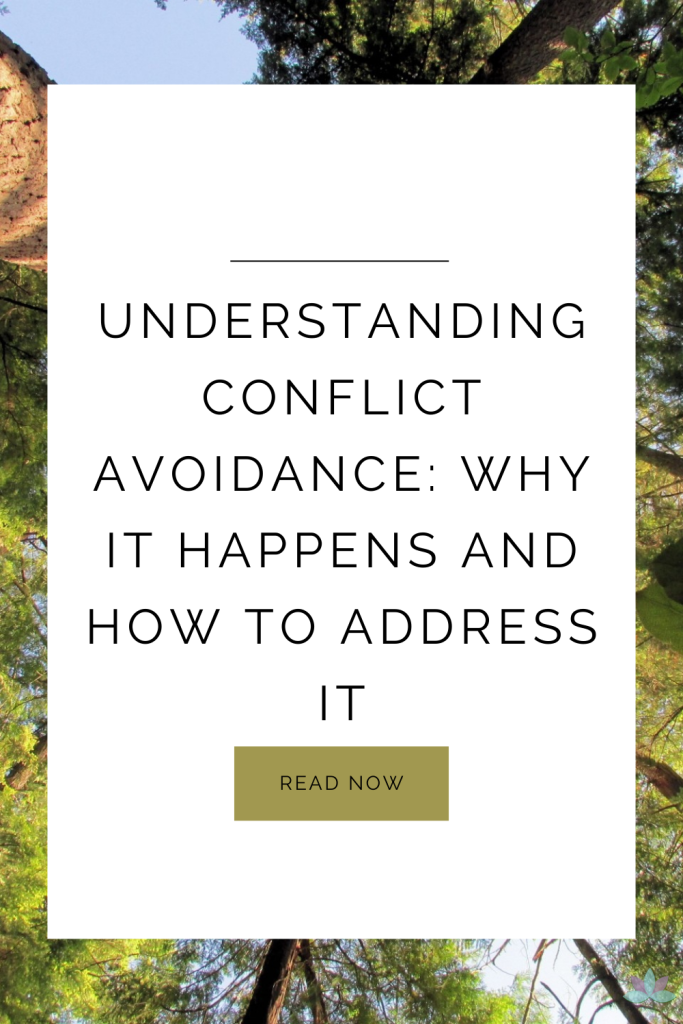
Feeling seen and understood is one of foundational cores of any relationship. If your partner understands and listens to you, that certainty can calm your anxiety; reduce conflict and promote closeness even when you disagree. “You get me” may be even more important than “I love you” in long relationships because sometimes someone can hear “I love you”, and yet feel so misunderstood that they will say “I don’t feel loved”.
Sometimes it is easy to help our partners feel accepted and safe by just reflecting that you can understand why they were upset. However, when we are hurt or angry, attempting to slow things down and listen to our partners can feel nearly impossible. Validating the other person can feel like you are telling them it is okay to hurt your feelings or that you are “giving in” when you may already feel resentful or wronged, yet that is not what you are doing. You are not saying the person you are speaking to is “right”, but you are trying to communicate that you understand their perspective and if you were standing in their shoes, you could understand why they might feel the way they do. Further, not only will developing the ability to validate your partner help them feel safe, it will calm you as well. It will make it easier for your partner to hear your perspective if you can convince them that you fully understand their point of view.
How to validate your partner
It isn’t easy to openly listen to someone else’s perspective, so do not expect to do this perfectly. It will be a constant effort but it will be worth the struggle and you will begin to see a shift in your own ability to listen and share your own feelings.
Be present. Pay attention in a non-judgmental way to what the person is saying. Don’t watch TV; play on your phone; or read the paper. Listen. Breathe.
Notice. Pay attention to what you notice about them. Do they look agitated? Depressed? Frightened? Also pay attention to what you are feeling. Do you feel tense in your own body? Where do you feel it? What might you be feeling? Are any of your own upsets getting in the way of hearing what is being said? Breathe. Feel your breath in your belly. Notice it. Relax.
Accurately reflect. Repeat back what you heard. Not in a forced, artificial, sing-songy parrot-type way, but like this: “It sounds like you were feeling very stressed and sad while you were struggling with that project”; “I’m guessing you were feeling pretty hurt by what she said.”
Make the connection. If you make a connection they don’t because you know their history, you can say something like “you know, given the way your mom used to always criticize your hair, you might have been upset when Mary suggested that you cut your hair.”
Look for the feeling. If you partner says something like: “I am so angry that you went out for drinks after work on Friday when you have worked late every night this week”; you might say “It seems like you were missing me and feeling lonely. I can understand why you are angry”.
Deepen the Exploration. Your partner may not even know all that they are feeling. Ask questions. Can you tell me more? What do you think the person was getting at? What were you hoping would happen? What do you worry might happen? What would be the best outcome? How do you think you can make that happen? How can I help you in that way? Have you ever felt this way before? Does it remind you of anything? What makes you think that? What makes this so important to you?
Be patient. Be quiet. Sometimes you can simply be present and patient. Nod, hug them, touch their hand, give them a tissue. Accept that they may not be ready at the same time as you are to discuss how they feel. They may not feel safe. Acknowledge that you are there and ready when they are. Don’t force the conversation. Breathe.
Express Gratitude. Tell your partner you appreciate their attempts to clarify things with you. Tell them you respect their perspective even if you don’t agree. Notice the effort. Pay attention to improvements over time in they way things are expressed.
Wait. Once your partner feels understand, ask if they feel ready to hear your feelings. You both may be tired or overwhelmed. If waiting until the next day for your side to be expressed is possible and preferable, do so, but make concrete plans on when and where that conversation will take place.
This process is and will continue to be an investment in your relationship. Be patient and kind to yourself too. Be hopeful that the effort you make will be reciprocated and returned with love.
Our team of compassionate therapists is here to help you find the support you need. We believe in a holistic approach, treating your mind, body, and spirit. With a blend of traditional and alternative therapies, we tailor your experience to meet your unique needs. At Blossom, we create a non-judgmental space where you can be your authentic self. Our goal is to empower you, amplify your strengths, and help you create lasting change. Together, we’ll navigate life’s challenges and help you bloom, grow, blossom! You deserve to become the best version of you.




